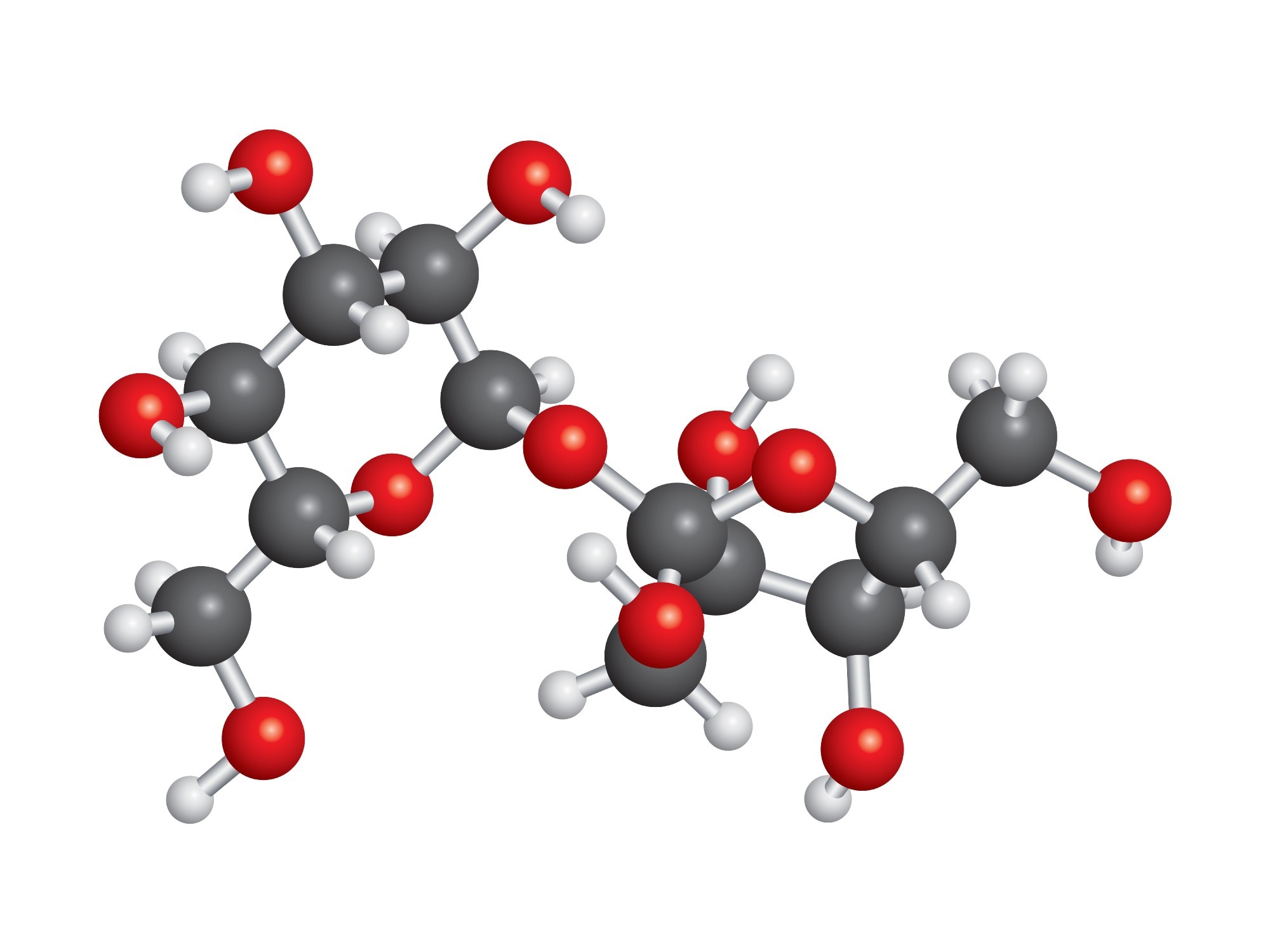Polymers in Healthcare: Improving Clinical Devices and Treatments
Polymers in Healthcare: Improving Clinical Devices and Treatments
Blog Article
From Production to Medicine: Exactly How Polymers Revolutionize Numerous Fields With Their Advantages
Polymers, with their varied chemical structures and adjustable residential or commercial properties, have actually become essential components across a range of sectors. From improving manufacturing processes to making it possible for innovative advancements in medicine, the effect of polymers reverberates far and wide. Their flexibility and versatility have not only changed product advancement in fields like automotive and electronics however have additionally ushered in a new age of clinical innovations. As we explore the elaborate means in which polymers have actually improved different fields, it becomes apparent that their advantages prolong past standard borders, offering a peek into a future where opportunities seem unlimited.
Flexibility in Production
With their varied properties and adaptability, polymers have actually significantly enhanced the production refines throughout numerous sectors. The convenience of polymers in production is associated to their capability to be molded into intricate forms, their light-weight nature, longevity, and resistance to deterioration. These residential properties make polymers a perfect choice for a wide variety of applications, from vehicle and aerospace markets to health care and electronics.
In the automobile sector, polymers are thoroughly used in producing components such as bumpers, dashboards, and indoor trims because of their lightweight nature, which aids improve gas efficiency. Furthermore, their resilience and resistance to deterioration make them suitable for outside applications in construction and facilities tasks. In the health care sector, polymers play an important function in generating medical tools, equipment, and packaging products as a result of their biocompatibility and sanitation abilities.

Boosted Product Efficiency
Considerable advancements in item efficiency have been attained with the integration of polymers in different industries. Polymers contribute substantially to improving item performance because of their one-of-a-kind residential properties and flexibility. In the automotive industry, using polymers in manufacturing elements such as bumpers and indoor parts has caused lighter automobiles, boosted gas efficiency, and boosted resilience. The aerospace market take advantage of polymers in the production of lightweight yet strong products for airplane, resulting in enhanced performance and minimized upkeep prices - Polymers.
Moreover, in the electronic devices sector, polymers play a crucial role in improving the performance of devices through their insulating homes, effect resistance, and versatility. This permits the advancement of smaller sized, a lot more effective electronic products that are also much more durable. In the clinical area, polymers are used to develop advanced implants and medicine distribution systems that supply boosted biocompatibility and targeted therapy, eventually boosting client click resources end results.
Innovations in Clinical Instruments
The application of polymers in the clinical field has actually led to groundbreaking innovations in the advancement of advanced clinical devices. Polymers have actually transformed the layout and performance of clinical devices by supplying distinct properties such as biocompatibility, versatility, and sturdiness.
Polymer compounds have additionally enabled the development of lighter and extra comfortable prosthetics, boosting the quality of life for amputees. Polymers with antimicrobial properties are being integrated into clinical tools to prevent infections and boost individual end results. The growth of advanced medication shipment systems making use of polymer-based products has transformed the treatment of different illness by ensuring targeted and regulated release of medicines.
Medication Distribution Innovations
In the realm of pharmaceutical advancements, novel medication shipment systems are reshaping the landscape of medical treatment. These improvements intend to improve the efficiency and precision of medicine management while decreasing adverse effects and improving client conformity. Among the crucial developments in medication shipment is the use of polymer-based providers. Polymers provide a flexible platform for creating distribution systems that can regulate medicine launch prices, target particular tissues or cells, and protect the drug from destruction in the body.
Nanotechnology has actually likewise played an essential function in drug distribution improvements by allowing the development of nano-sized medicine providers. These nanocarriers can improve medication solubility, prolong blood circulation time in the body, and improve mobile uptake, eventually resulting in boosted restorative outcomes. Advancements in individualized medicine have led to the customization of medication shipment systems based on private person qualities, such as hereditary makeup or condition profile.

Lasting Solutions
Having laid the structure for improvements in drug distribution systems, the focus currently moves towards exploring sustainable solutions within the realm of polymer-based carriers. Sustainability has become a critical element of modern markets, site consisting of medical care, driving the demand for environmentally friendly choices. Polymers provide an encouraging avenue for resolving sustainability challenges because of their convenience, biodegradability, and recyclability.
One secret facet where polymers add to sustainability is in decreasing the ecological impact of medical waste. Naturally degradable polymers can be designed to break down naturally with time, minimizing the build-up of non-degradable products in land fills. Additionally, the recyclability of particular polymers allows for the advancement of closed-loop systems that advertise the reuse of sources, further decreasing waste production.
In addition, using renewable sources for polymer production, such as plant-based sources like corn or sugarcane, provides a possibility to reduce dependence on nonrenewable fuel sources and reduced carbon exhausts. By harnessing the potential of polymers as sustainable services, markets can relocate in Full Report the direction of even more ecologically friendly practices without endangering efficiency or efficiency.
Final Thought
To conclude, polymers have actually dramatically changed numerous markets, consisting of production and medicine, because of their adaptability, improved product performance, and innovative applications in medical devices and drug distribution systems - Polymers. These improvements have actually caused the advancement of sustainable services that benefit both sectors and the setting. Polymers continue to play a critical duty in driving innovation and progression throughout different sectors, showcasing their importance in modern-day society
Report this page